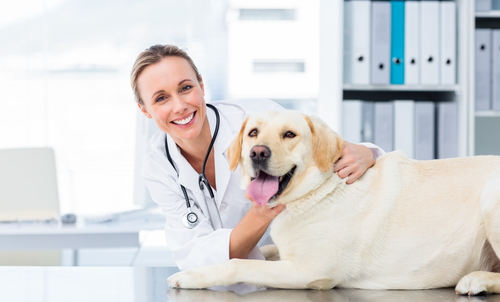Dogs Not Only Man’s Best Friend, but Life Science’s Too


 By Jim Rudman, CEO, Ashton Tweed
By Jim Rudman, CEO, Ashton Tweed
The huge potential of the animal health market is shifting the focus of life sciences companies from our fellow humans to include our furry friends. On average, the world spends only about one-fortieth of the amount it uses on human medicines on animal medicines (AHI). Animal-specific drugs are still uncommon, despite the fact that 65% of U.S. households own at least one pet (American Pet Products Association), not to mention the needs of farmers and their livestock nationwide. However, the budding animal health movement is expanding.
As pet ownership rises and pet owners become increasingly willing to pay for pricey veterinary care, more life sciences companies are translating human therapies for animals. With less competition and the ability to test immediately on the target species, the animal health market is also drawing M&A interest from pharmaceutical companies. Big pharma has already plunged into animal health, with Pfizer spinning off Zoetis into the largest animal health company in the world, while Eli Lilly owns Elanco and Sanofi has Merial. Research and consulting firm, Vetnosis, expects animal health sales to soar to $33B by 2020 (FiercePharma).
The animal health market was previously dominated by large companies focused on targeting infectious illnesses in livestock (C&EN). But new start-ups are taking on the task of developing drugs, such as pain medication and cancer treatments, for pets often by using the science of human medicines as a starting point. R&D spending for these drugs is continuing to rise, especially because the discovery to commercialization process is cheaper and faster in the animal health industry than the human health industry. Additionally, emerging trends like the growth of pet insurance and animal health apps like Pawprint, which provide easy access to a pet’s electronic medical records, are easing the responsibilities of pet owners.
This is all great news for pet owners and their pets, but also for life sciences companies. Animal health provides a good industry to branch into, allowing companies to adapt their existing scientific solutions to other species. This road goes both ways because the science behind animal drugs could eventually be adapted to solve human health issues as well, creating a mutual and progressive relationship. This investment goes beyond the health of the pets we own and love, extending to the many species of livestock we raise worldwide. In these ways, it is an extremely dynamic investment.
This growing collaboration will benefit world health as a whole, which after all, includes the health of our four-legged companions. Looking to grow your unique business team? Ashton Tweed can find professionals with animal health experience and more. Contact CEO, Jim Rudman, to discuss your search today.
Share your insights! Contact jamesrudman@ashtontweed.com to contribute your life sciences article as a guest writer.





